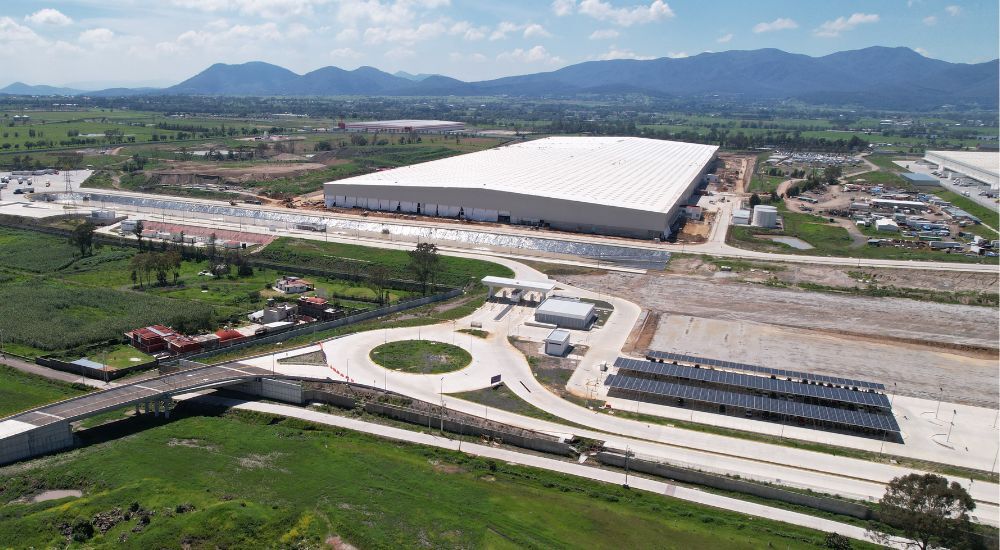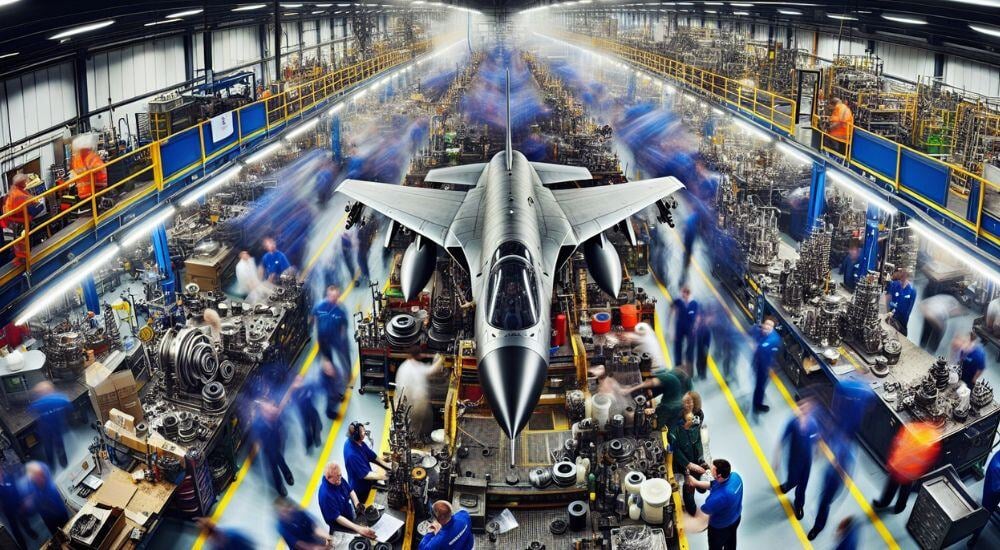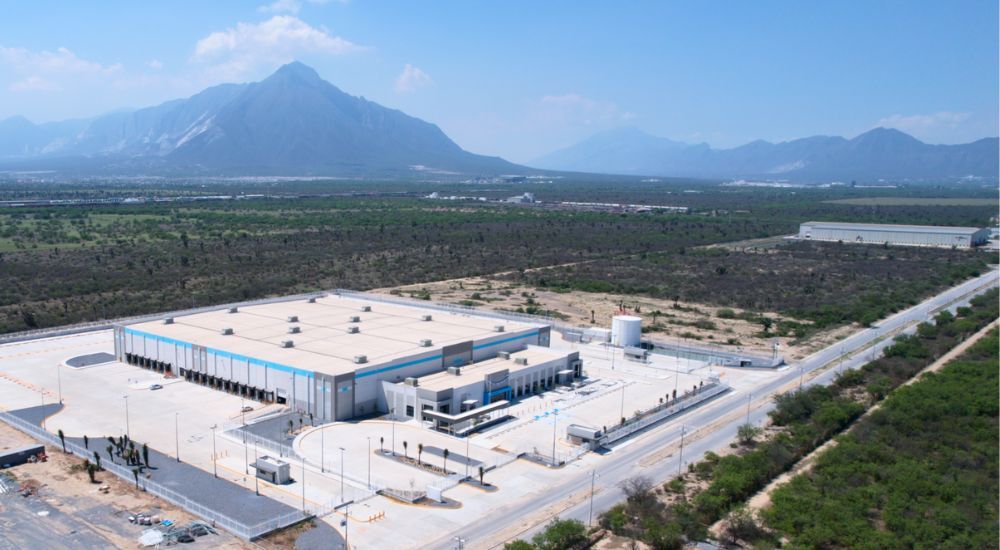The effects of temporary import tariffs increase on Mexican industries
5/09/2023The Mexican Ministry of Economy announced on August 15, in the Official Gazette of the Federation, an increase in import tariffs for various products acquired from countries with which the nation does not have active free trade agreements. This decision could impact the dynamics of nearshoring to Mexico.The announcement, as stated by the ministry, will be valid until July 31, 2025, and aims to promote the development of the Mexican industry, support the domestic market, and encourage the integration of domestic producers into the economy.
The change involves tariff increases for goods classified under 392 tariff lines or tariff codes (HTS codes, which are used to identify interests in international trade). These increases range from 5% to 25% for the acquisition of various products, including:
- Steel
- Aluminum
- Bamboo
- Rubber
- Chemical products
- Oils
- Soap
- Paper
- Cardboard
- Ceramic products
- Glass
- Electrical material
- Musical instruments
- Furniture
While the Confederation of the Chamber of Industrialists of Mexico celebrated this decree, considering it an appropriate measure to safeguard the national industry and production in Mexico, analysts like former Undersecretary of Economy Juan Carlos Baker indicate that it will reduce the trade relationship with countries such as China, South Korea, and India.
The consequence: a potential closure to the globalized market
Without signed free trade agreements with Mexico, Baker explains these nations have become significant trading partners, adding that this measure could limit the trade the Latin American country establishes with such markets outside the United States-Mexico-Canada Agreement (USMCA).
This action also takes time simultaneously with increased industrial activity resulting from nearshoring to Mexico. "We have talked a lot about trade diversification in Mexico and the need to avoid putting all our eggs in one basket, but by increasing tariffs for the countries with which you can diversify, you are essentially counteracting that effort," Baker notes.
The analyst explains that diversifying trade exchanges can attract more economic activity in the context of the push for nearshoring to Mexico.
He adds that the tariff increase will limit opportunities to develop technologies and strong alliances with countries and regions experiencing industrial growth, aiming to become pillars in their geographical area if needed.
In the context of the rising trend of nearshoring to Mexico, Frontier Industrial offers industrial land for sale and industrial buildings for rent in the country's most strategic locations for Mexican and international companies looking to establish their production operation near the United States market.
If your company falls into this category, please don't hesitate to contact us.





